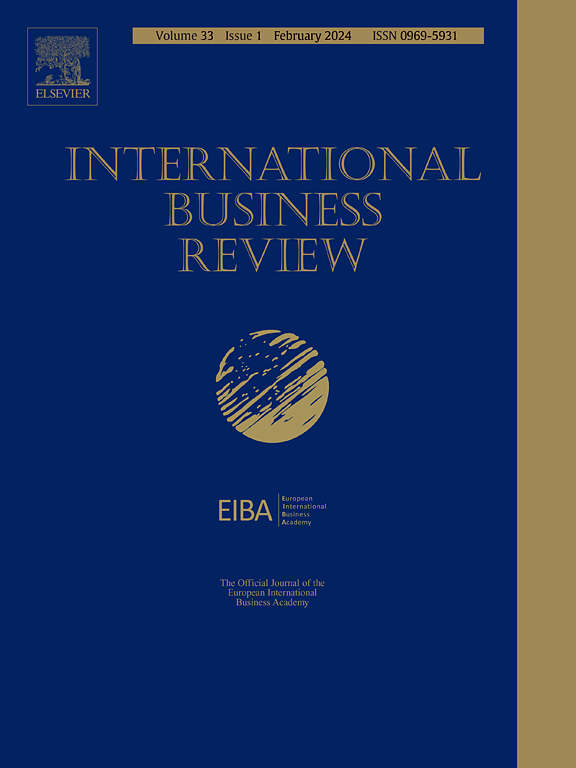Global account management: Knowledge resources and capabilities for relationship management
Abstract
This study investigates what knowledge resources and capabilities are needed at the unit and individual levels to manage international intra- and inter-organizational relationships in global account management (GAM). These GAM units and individuals need to manage various relationships with different locations within the globally spread supplier firm (international intra-organizational relationships) and with the global client (international inter-organizational relationships). We find that, in GAM units, international intra-organizational relationships are managed using relationship internal knowledge resources and capabilities, while international inter-organizational relationships are managed with external knowledge resources and capabilities. Interestingly, the opposite is found for GAM individuals. The core finding of our research is that managing the GAM relationships is not a one-size-fits-all affair. Balancing relationships and internal and external knowledge resources and capabilities is critical for GAM units and individuals to offer high-quality, innovative services. Implications of our research on GAM literature and the knowledge-based view are discussed.

 求助内容:
求助内容: 应助结果提醒方式:
应助结果提醒方式:


